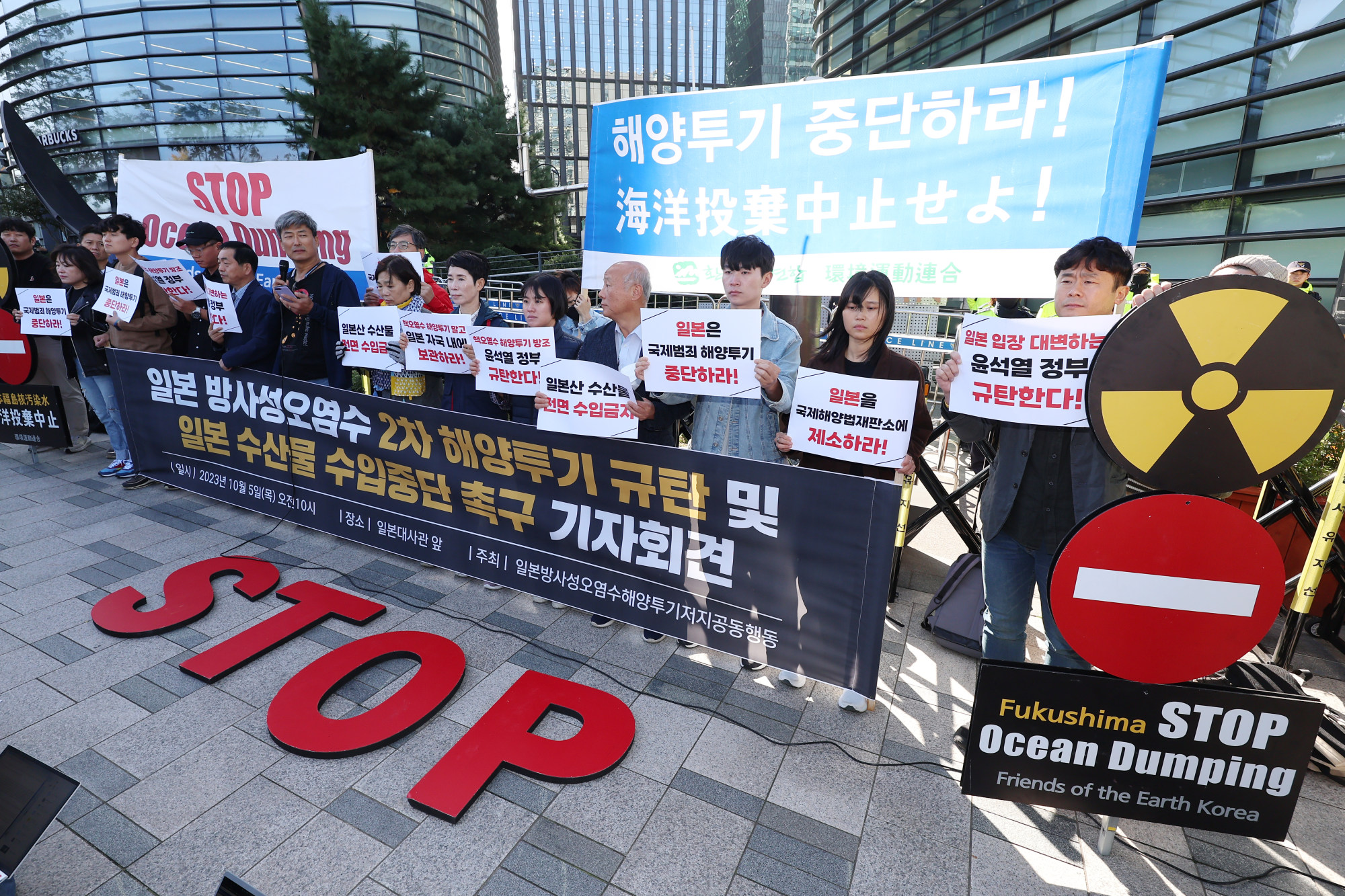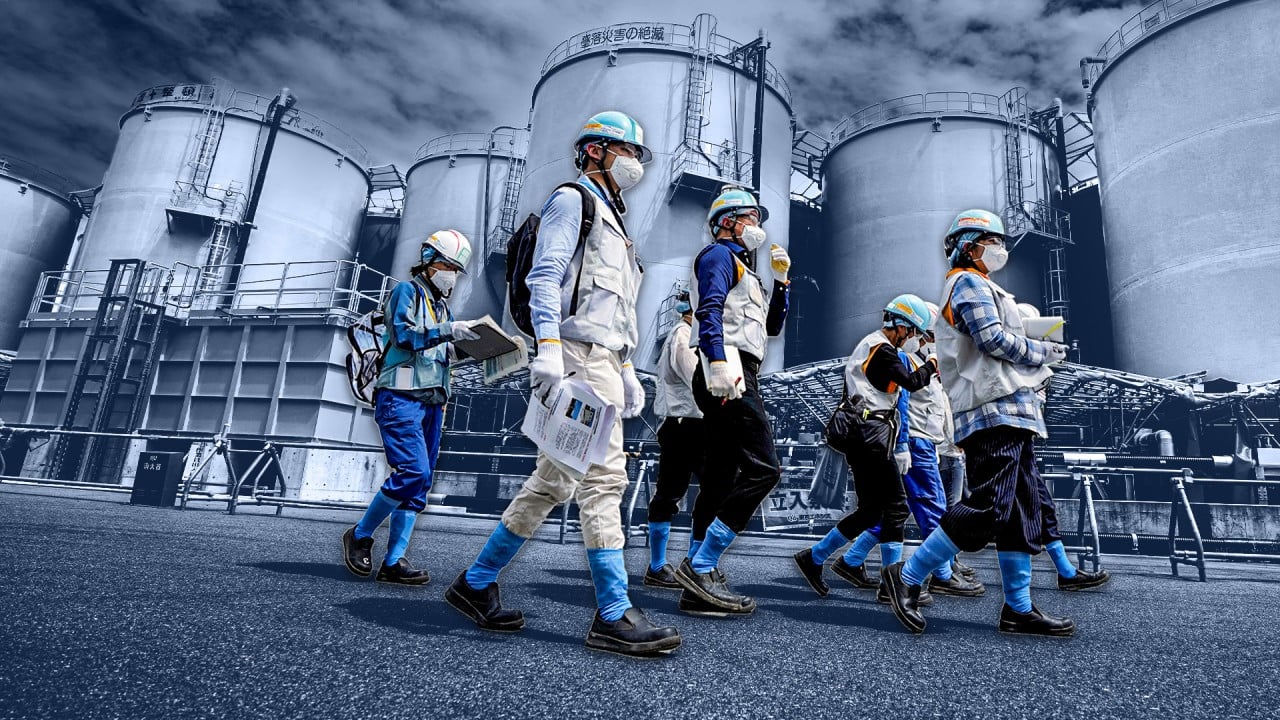
Japan bemoans ‘unjust’ Russia joining China’s seafood ban months after Fukushima waste water release began
- Calling Russia’s decision ‘extremely regrettable’, Japan’s foreign ministry said it ‘strongly demanded’ the withdrawal of import restrictions
- Russia put the ban in place from Monday, nearly two months after the tsunami-wrecked Fukushima plant started releasing waste water into the ocean
Russia said it will start implementing import restrictions on Japanese seafood on Monday, nearly two months after the tsunami-wrecked Fukushima Daiichi nuclear power plant started releasing treated and diluted radioactive waste water into the ocean.
The Japanese Foreign Ministry said its senior officials notified the Russian embassy in Tokyo that Japan has been providing transparent and scientific explanations about safety of the treated water release from the Fukushima plant and Japanese seafood. The ministry also said the Japanese side “sincerely and politely” responded to Russia’s abrupt request for a dialogue last week on the issue by submitting documents.
The ministry called Moscow’s restrictions “unjust” and said they go counter to the global move towards easing or lifting of import restrictions on Japanese food.
“The decision by the Russian side is extremely regrettable, and we strongly demand its withdrawal,” the ministry said. “Japan continues to seek actions based on science.”
‘I don’t care’: Chinese tourists in Japan enjoy eating sushi amid Beijing’s ban
The International Atomic Energy Agency has reviewed the safety of the waste water release and concluded that if carried out as planned, it would have a negligible impact on the environment, marine life and human health.
A team of IAEA experts from China, South Korea and Canada is set to conduct sampling of seawater and marine life at and near the plant this week.

TEPCO and the government say discharging the water into the sea is unavoidable because the tanks will reach capacity early next year and space at the plant will be needed for its decommissioning, which is expected to take decades.
They say the water is treated to reduce radioactive materials to safe levels, and then is diluted with seawater by hundreds of times to make it much safer than international standards.


